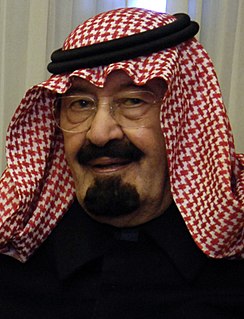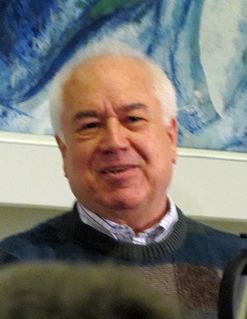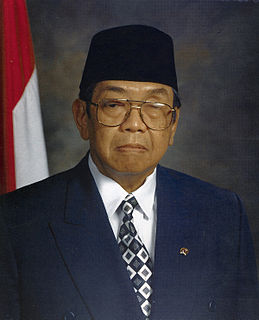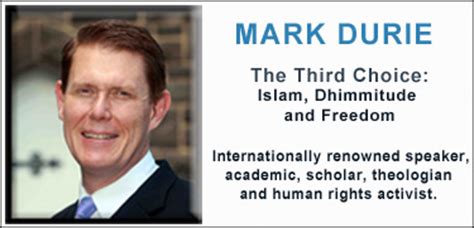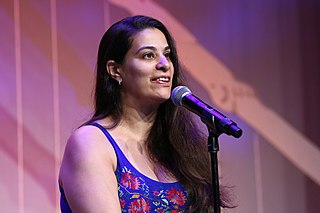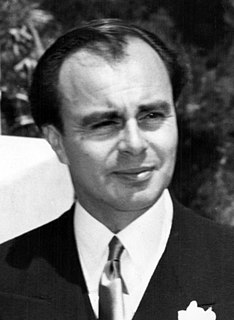A Quote by Karen Armstrong
Ironically, the first thing that appealed to me about Islam was its pluralism. The fact that the Koran praises all the great prophets of the past.
Quote Topics
Related Quotes
When I came here [to Malaysia] I heard that there is a problem with the concept of pluralism whereby pluralism is understood in a very narrow way, which I think is wrong. This is not to diminish your sense of truth in what you believe but to acknowledge the fact that we live in a world where we need to deal with pluralism. It's a fact.
Belief in one god, praying, charity, the five pillars, ethical moral objectives and messages in the Koran, the history of Islam. There are basic tenants in Islam that we universally believe in but I think it's very naive to think that Sharia, that legal rulings are derived in a vacuum, that people do not bring their own histories and politics and social pledges to bear when they interpret the Koran.
I think religion is very personal. I definitely identify as Muslim. I consider myself practicing, but I don't think people who observe me from the outside would think of me as devout, and that doesn't bother me because one of the beauties of Islam is the fact that it is personal: you read the Koran, and what you believe is what you believe.
ISIS is not Islam. No, I'm not saying that. The government says that. The left, the media says it. ISIS is not Islam. You've heard Obama say that. ISIS is making a mockery of Islam. In fact, what you really need to understand about the way our government looks at Islam, they look at Islam as anti-terror as well. Islam is anti-terrorism. Therefore, no terrorism can actually be Islamic.



